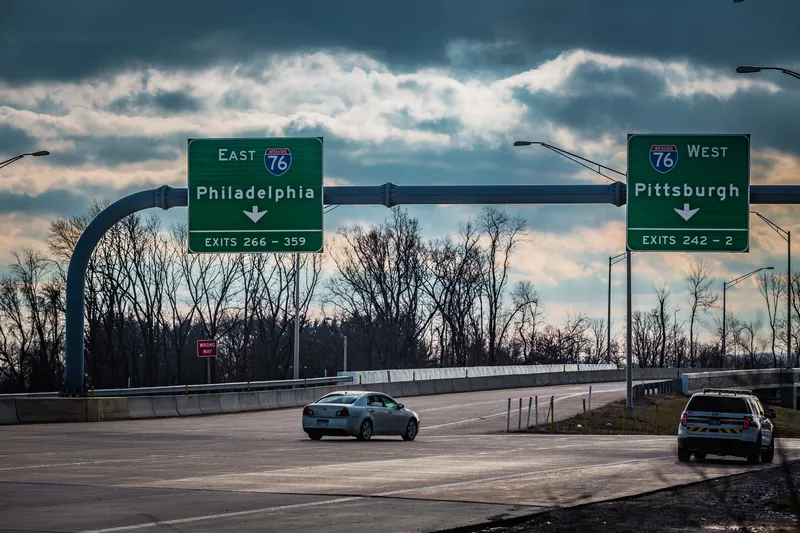Kapsch TrafficCom North America has secured a four year, US$11.5 million (€10.4 million) contract to upgrade and modernise the integrated transportation management system (ITMS) at the Highway Operations Center (HOC) of the Massachusetts Department of Transportation (MassDOT). The new system will manage all of the Department’s state-wide roadway network and the Boston Metropolitan Highway System tunnel complex and facilities.
The next generation ITMS, based on Kapsch’s DYNAC software suite, will efficien
June 28, 2016
Read time: 2 mins
The next generation ITMS, based on Kapsch’s DYNAC software suite, will efficiently manage all aspects of the HOC operations by converging nearly 50 independent traffic and facility management data systems into a single platform. HOC operators will manage open highways, tunnel traffic, and critical life safety systems including fire detection, ventilation, emergency exits, and passenger information dissemination from a fully integrated user environment.
According to Kapsch, the new system will improve operational efficiency and information accuracy, facilitate consistent workflows, enhance environmental monitoring and reporting capabilities and provide state-wide and regional total situational awareness. DYNAC enables rapid, consistent, and appropriate response to traffic incidents and tunnel life safety events by generating and executing real-time response plans to help HOC operators expertly manage time sensitive, critical situations.
MassDOT operates over 4,800 kilometres of roadways, 5,000 bridges and the Metropolitan Highway System. The project will upgrade software and peripheral hardware to improve operational efficiency, enable the use of the latest advances in traffic management technology and allow for the retirement of legacy software and hardware. This new system will also replace and/or integrate with existing systems to support a number of traffic incident management functions performed on state-wide roadways and facilities from a single operating platform.










